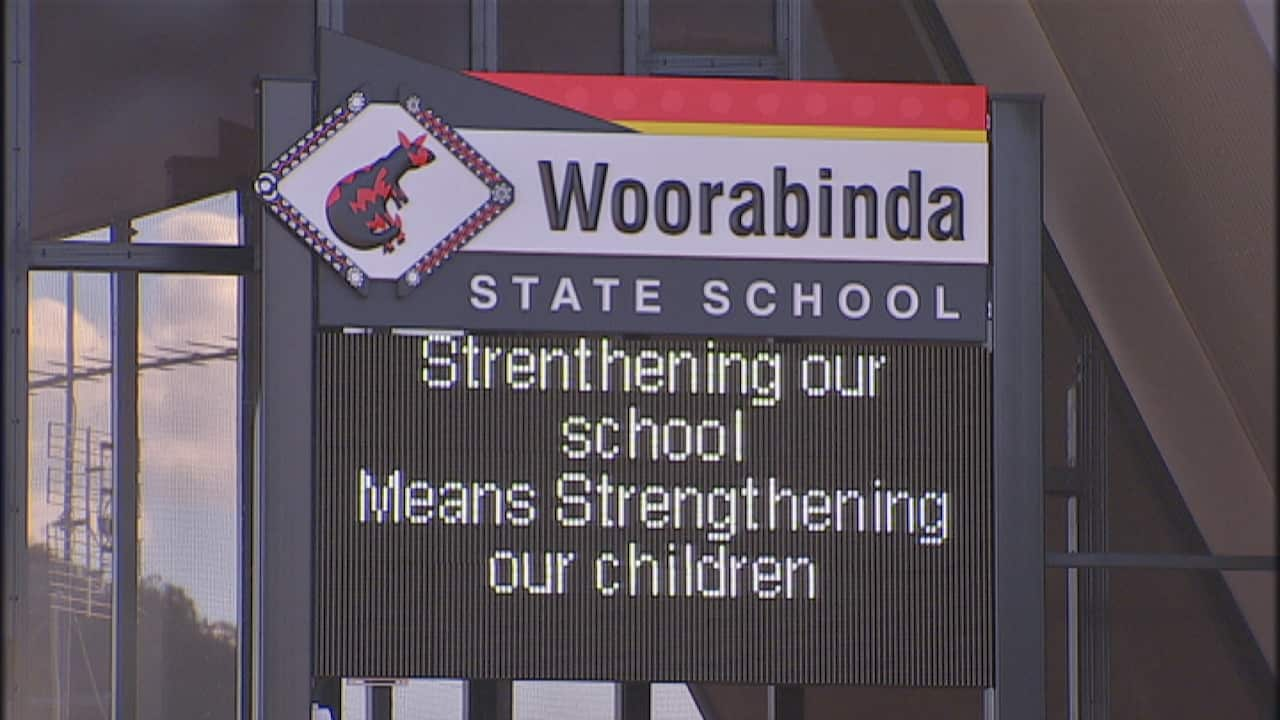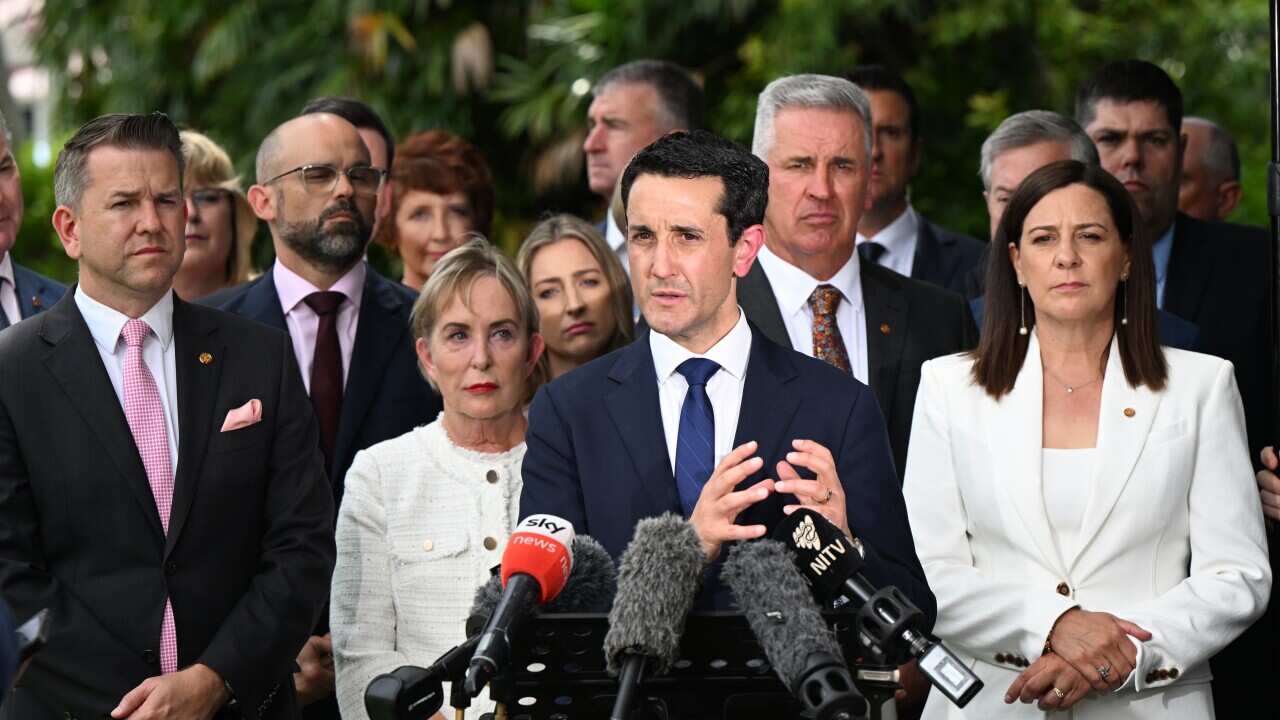When traditional Gungalu owner Steve Kemp set out to rediscover his people’s language there were few words left.
“I’d say we would have started out with, being generous, 100 words, and now we are up to 650,” he says.
It’s just the start. When the Woorabinda community was first formed of many different tribes and cultures in 1927, there were 50 different languages and the authorities forbade all of them.
"Under the act, as they call it, you weren’t allowed to talk language otherwise you got locked up. And you had to talk it secretly,” says Mr Kemp.
With the loss of language comes loss of identity, so the people of Woorabinda have been trying to find what was taken from them 90 years ago.
But reviving a traditional language is not easy. It needs the knowledge of elders, the resources of the State Library of Queensland, and the skills of linguist Gavan Breen, who has documented 51 Aboriginal languages in Queensland, South Australia and the Northern Territory since the 60s.

Two local dialects - Gungalu and Wadja - are being taught to Woorabinda children in a school program that helps re-establish their sense of belonging.
Gungabula elder John Waterton says he felt compelled to travel around North Queensland and Arnhem Land to search for his identity.
“I listened to a lot of people up there,” he said. “They have their own languages and they have their identity, and knew where they came from ... they were proud people and I needed that."
"Once you find your spirit, you find your land and you can go back and really enjoy the presence of being there, in the waters, pouring sand over you and all that. Your connection is with the land.”
With Mr Kemp, he has been passing on that traditional knowledge as part of the curriculum at Woorabinda State School for four years.
"Well, 650 words - even I couldn’t remember all of them, but as long as we get them saying ‘good morning’, ‘good afternoon’, ‘hello’, all the basic greeting words.”
He said some kids are exceptional and can go even further.
To help preserve as many languages as possible, a community based group was formed to give advice to the school.
Sitting in on one of Mr Waterton’s classes, there is a high level of interaction with the children. They love it. The classes for Years 5 and 6 follow state guidelines for Languages Other Than English. Lessons are also conducted from Prep to Year 3 classes. New technologies have been incorporated to help document the words and produce other ways of teaching. But there is still a long way to go. The kids can push a button on a computer and the words are pronounced for them. And the technology will only get better with time.
The classes for Years 5 and 6 follow state guidelines for Languages Other Than English. Lessons are also conducted from Prep to Year 3 classes. New technologies have been incorporated to help document the words and produce other ways of teaching. But there is still a long way to go. The kids can push a button on a computer and the words are pronounced for them. And the technology will only get better with time.

Both men hope the program produces fluent speakers and that these traditional languages will not just be taught in primary, but high school as well.
RECOMMENDED ARTICLE:

Wiradjuri language film wins a prestigious media award
An added benefit has been the unearthing of a large trove of historical information through the Queensland State Library's network of Indigenous Knowledge Centres. Access to records such as Removal Lists, and Marriage and Death Registers have given the people of Woorabinda the ability to trace their own personal histories - knowledge that should be shared with the wider community.
For Mr Waterton, the journey has been a spiritual one, allowing him to reconnect with his roots as a proud Gungabula elder. He would love to see more of his people feel the same.
"Once you find your spirit, you find your land and you can go back and really enjoy the presence of being there, in the waters, pouring sand over you and all that. Your connection is with the land.”









